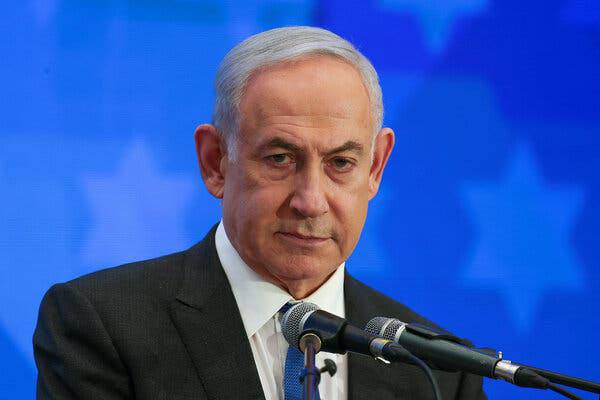
An Israeli delegation that flew to Doha for talks on the next phase of the Gaza ceasefire at the weekend has returned, Prime Minister Benjamin Netanyahu’s office said on Monday, amid growing doubts over the Egyptian and Qatari-brokered process to end the war in Gaza.
There were no immediate details on the reason for the return from the talks, which are intended to agree the basis for a second stage of a multiphase ceasefire agreement and hostage-for-prisoner exchange reached last month.
But a Palestinian official close to the discussions said progress was being held up by a lack of confidence between the two sides, which have accused each other of breaching the terms of the ceasefire.
U.S. President Donald Trump’s statements that Palestinians should be moved out of Gaza, leaving the coastal enclave to be developed as a waterfront real estate project under U.S. control have upended expectations for the postwar future.
Netanyahu endorsed Trump’s comments when he returned from a visit to Washington at the weekend, causing irritation in Egypt, where security sources said Israel was “putting up roadblocks” to the smooth progress of the ceasefire deal, including delays to withdrawal of its troops and continuing aerial surveillance.
Halfway through the 42-day ceasefire that started on January 19, both sides have already accused the other of violating the agreement, which was to see 33 Israeli hostages exchanged for hundreds of Palestinian prisoners and detainees and Israeli forces pull back from positions in Gaza.
Talks on a second stage, to agree the release of the remaining hostages and a full withdrawal of Israeli forces began last week but have shown little sign of serious progress.
“There is a sense of mistrust, especially as Hamas sees a lack of implementation of the first phase of the deal when it comes to the humanitarian protocol and the allowing of the materials into Gaza as per the agreement,” the official said.
So far, 16 of the 33 hostages to be released have come home, as well as five Thai hostages who were returned in an unscheduled release. In exchange, Israel has released hundreds of prisoners and detainees, ranging from prisoners serving life sentences for deadly attacks to Palestinians detained during the war and held without charge.
But Hamas has accused Israel of dragging its feet on allowing aid into Gaza, one of the conditions of the first phase of the agreement, a charge Israel has rejected as untrue.
In turn, Israel has accused Hamas of not respecting the order in which the hostages were to be released and of orchestrating abusive public displays before large crowds when they have been handed over to the Red Cross.
Israeli public opinion was shocked by the emaciated appearance of Ohad Ben Ami, Eli Sharabi and Or Levy, the three hostages who were released on Saturday, which has complicated progress on the deal.






